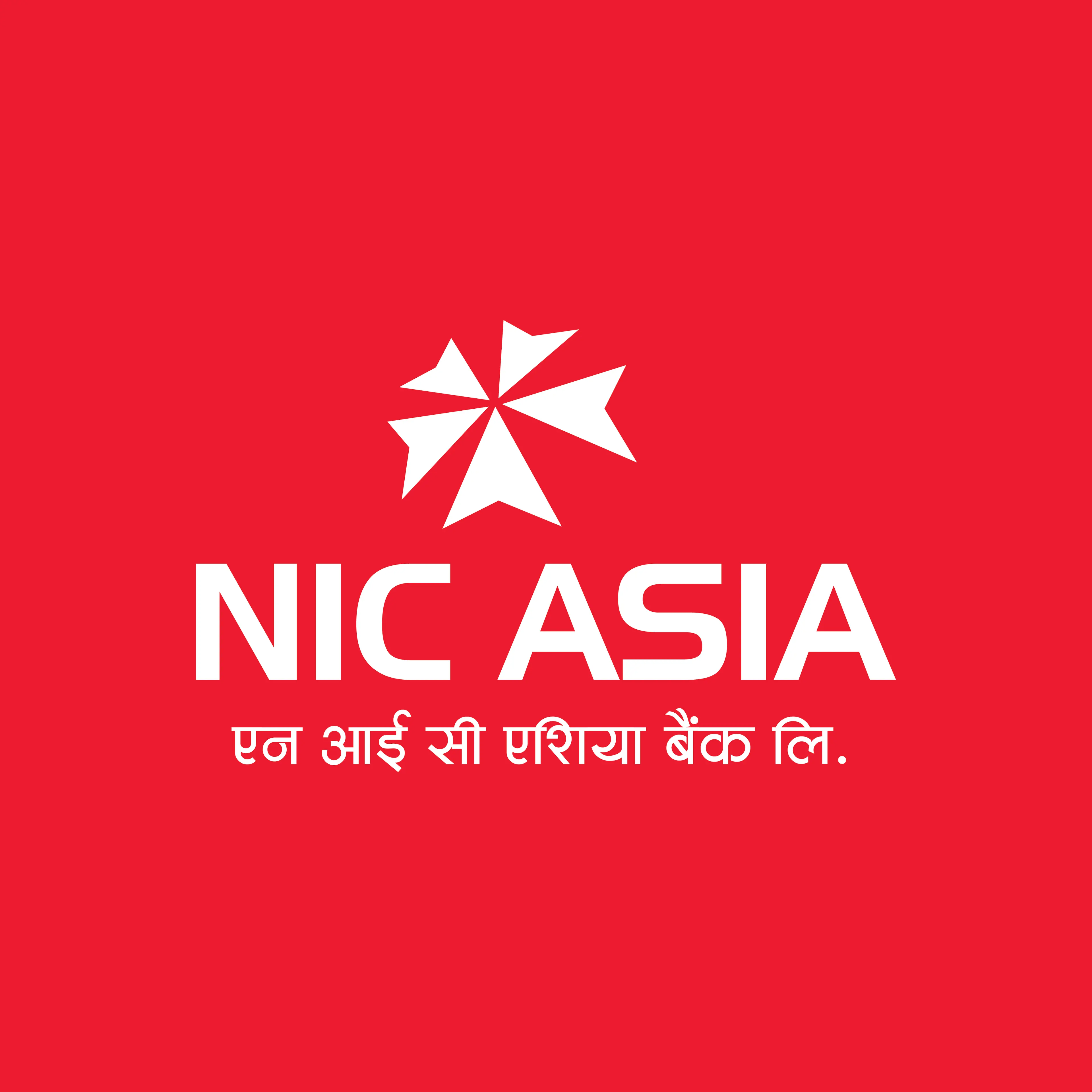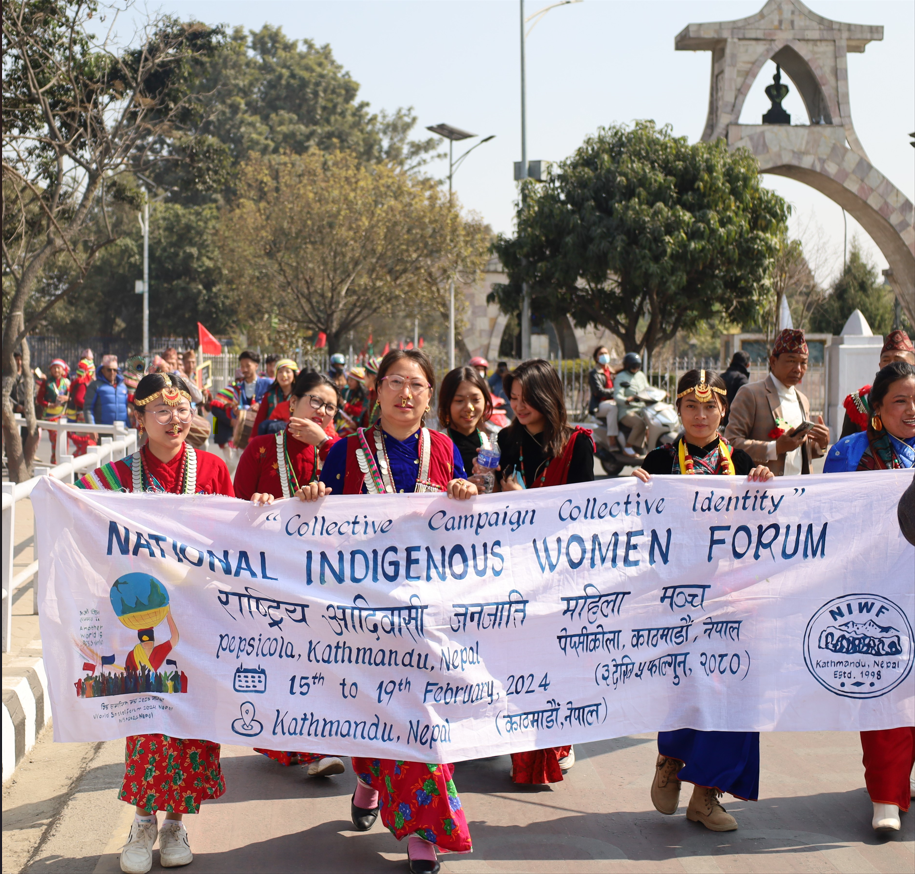
The World Social Forum (WSF) is a testament for Civil Society Organizations (CSOs) and grassroots movements worldwide that "Another World is Possible". Since its inception in Brazil in 2001, WSF has served as a counterpoint to the narratives of globalization promoted by events like the World Economic Forum in Davos. It has quickly become a space where diverse voices converge to advocate for social, economic, and environmental justice.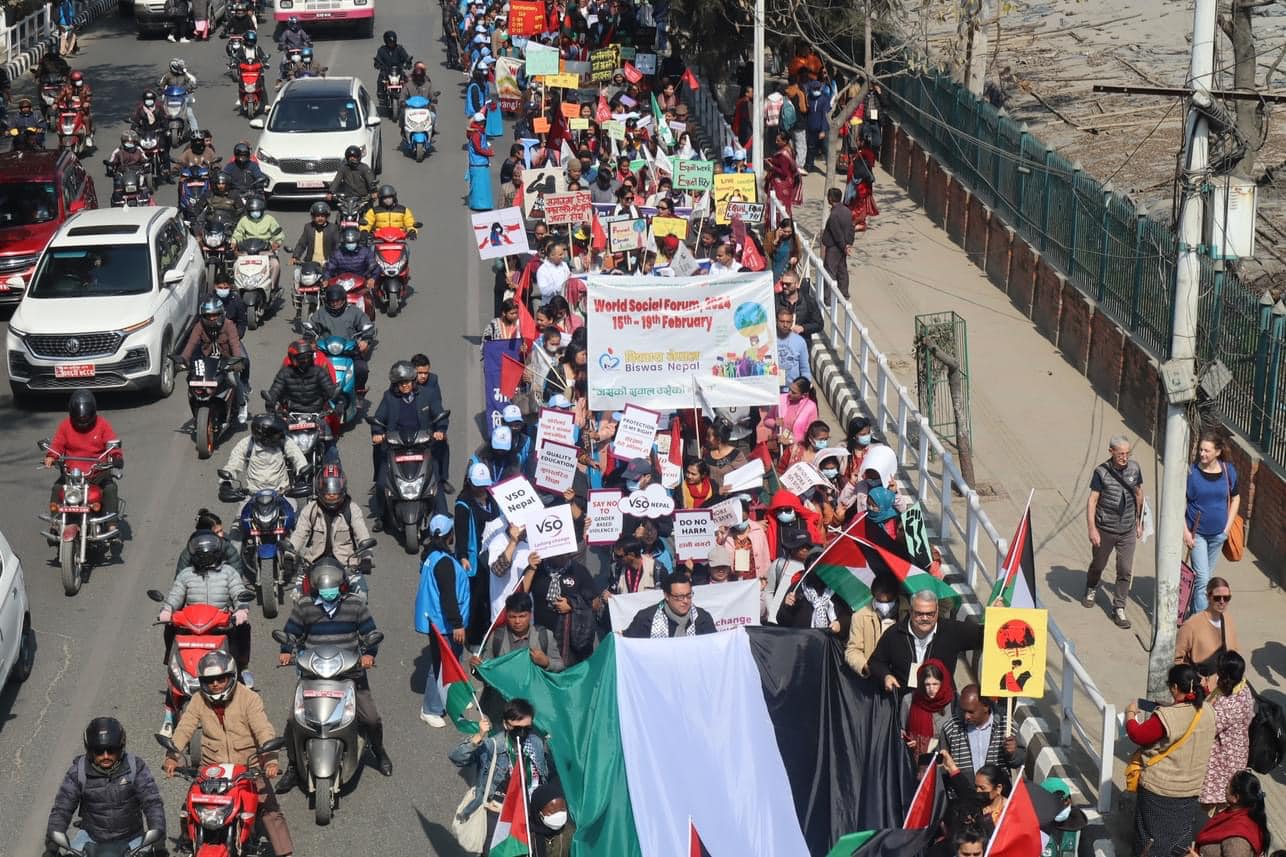
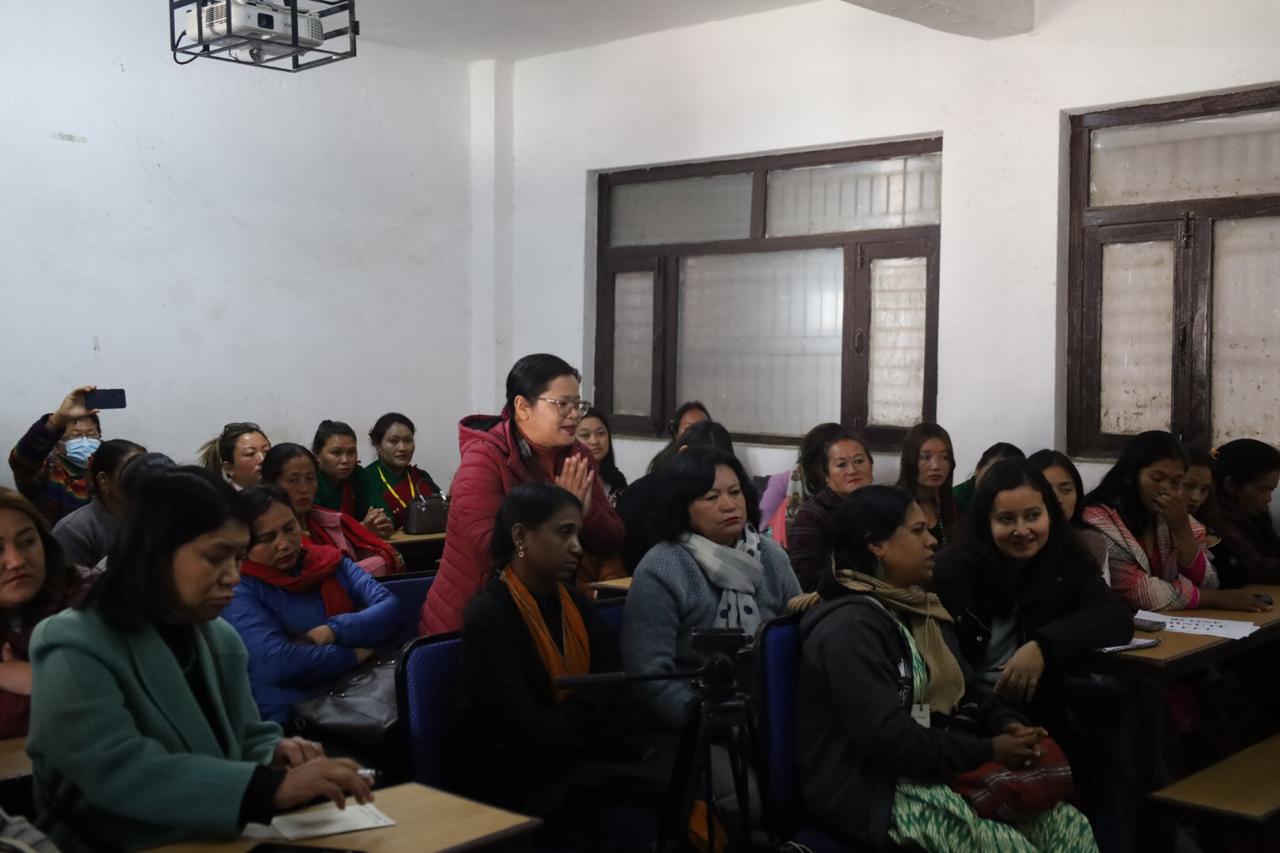
Moreover, the panel highlighted the unique challenges faced by Indigenous women in accessing resources and asserting their rights. These challenges underscored the importance of collaboration between governments, Indigenous communities, and stakeholders. By fostering stronger partnerships, we can work towards achieving ecological justice and ensuring equitable outcomes in natural resource management.
The event at WSF was more than just a panel discussion; it was a platform for amplifying Indigenous voices and advocating for meaningful change. It emphasized the need for solidarity and mutual respect in addressing the interconnected challenges of environmental degradation, cultural preservation, and social justice.
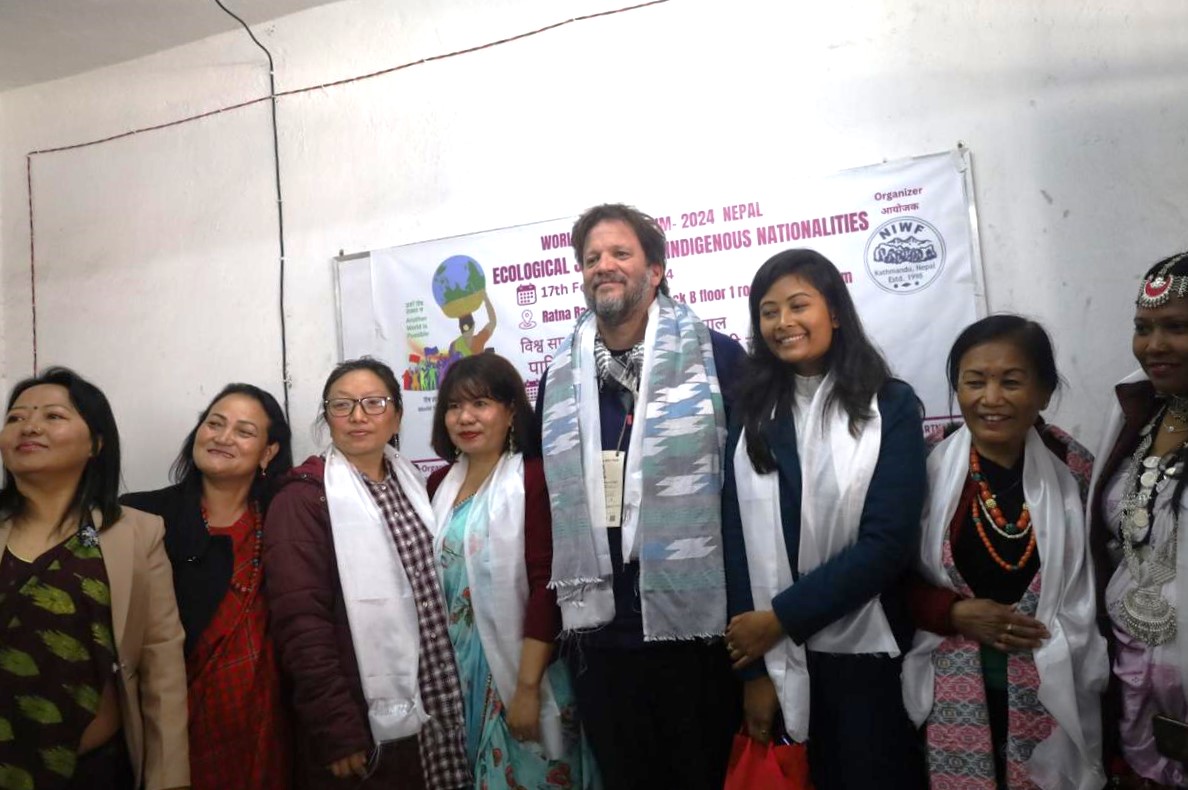
As we reflect on the discussions and insights shared at the World Social Forum, let us commit ourselves to supporting Indigenous communities in their quest for justice and sustainability. By standing in solidarity with Indigenous peoples, we can build a more equitable and sustainable world for future generations.

